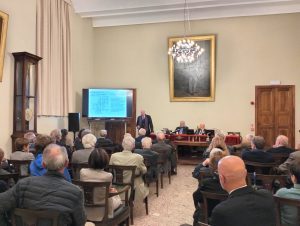ChemTastesDB is a database that includes curated information of 4075 molecular tastants. ChemTastesDB is distributed to the scientific community to expand the information of molecular tastants, which could assist the analysis of the relationships between molecular structure and taste, as well as in silico (QSAR/QSPR) studies for taste prediction.
The latest version of ChemTastesDB (released in March 2025) is available at the following link: https://zenodo.org/records/15051366
The 4075 molecular tastants are categorized into one of the five basic tastes (sweet, bitter, umami sour and salty), as well as to other classes related to non-basic tastes (tasteless, non-sweet, non-bitter, multitaste and miscellaneous). The molecules are categorized into following ten classes: sweet (1313), bitter (1615), umami (220), sour (49), salty (16), multitaste (179), tasteless (232), non-sweet (304), non-bitter (28), and miscellaneous (119).
Examples of QSPR approaches for the prediction of molecular taste are given in the following publication: Rojas, C., Abril-González, M., Ballabio, D. & García, F. (2025). ChemTastesPredictor: An ensemble of machine learning classifiers to predict the taste of molecular tastants. Chemometrics and Intelligent Laboratory Systems. 261, 105380. https://doi.org/10.1016/j.chemolab.2025.105380.


